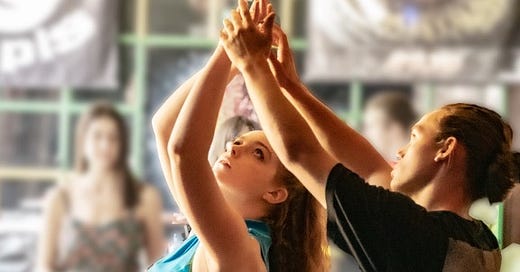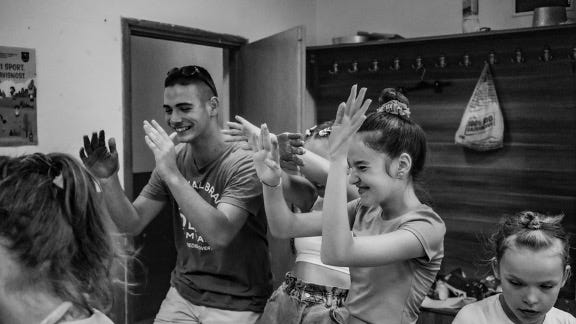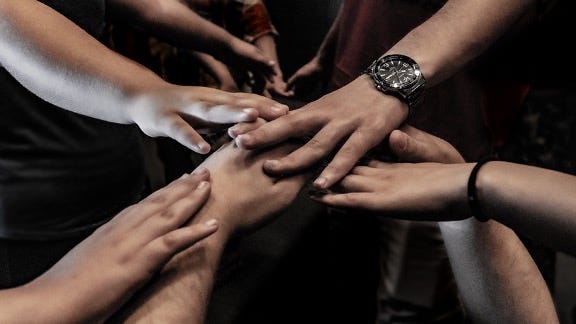A while ago I wrote about editing my film, BECOMING (which I am still doing). It tells of young people from Finland to Mozambique, from New York to Kurdistan struggling in this troubled world. As is usual for me, once I provisionally finished Part One of the film, I sent it to all the people who were interviewed in that section to be certain they felt they were fairly represented. The response was overwhelmingly positive and helpful. But, one thing frequently asked to be shown in part two was HOPE.
You may understand that I am wishing to represent not only what people say, but also to reveal the emotional undertones which they believed they may have shown. Most people did not actually articulate HOPE directly, although some implied the existence of HOPE in their lives.
What to do?
I’m interested in documentaries because they reveal sometimes surprising or shocking truths. It is not my role to impose my intentions or my belief system on those who speak to me and my camera. To interview means I must ask questions, therefore I must formulate the right questions. While I try not to lead or influence, I understand all words carry many meanings and emotional nuances, most of which may be unaccountable to a stranger (as I mostly am). Given the requests of my interviewees, I decided to look at the meaning of HOPE.
It was immediately clear that what people were asking for as they spoke to me about the troubles they had seen and still lived within, was to be offered a sense that somewhere along their life’s path there would be a promise of justice, of wrongs being righted, of finally being able to stake a claim and have those precious treasures of life protected, allowing them to reach fruition.
I asked myself, what is the difference between a HOPE and a WISH? They have very similar meanings. We use them to express our desire for something being different from what it seems at a given moment.
A WISH is something we wanted but is based only on the desire to change something which has already happened. A HOPE however is based on an expectation that is still possible; it is more about something that could come to pass. It is more than wishful thinking.
HOPE and OPTIMISM are both related to fear, when fear is understood to be a sense of loss of choice and control, or a sense of HELPLESSNESS when confronting a force or an idea (an ideology). In that situation, HELPLESSNESS is in part a loss of HOPE.
There is a danger in OPTIMISM in that it can offer ideals to live up to, whether material (something in the world outside of ourselves) or spiritual (in the non-religious sense, meaning of our beings/souls/humanity). Since most of us will fall short of these ideals, we may easily find ourselves being depressed as we witness our failings, our inadequacies.
Perhaps the most profound difference between an OPTIMIST and a PESSIMIST is that while both may understand life is filled with opportunity and also terrors, the OPTIMIST believes that no matter how dark it may seem, within the human journey there will always be the light of HOPE, even if the tiniest glimmer; whilst the PESSIMIST has been defeated, overwhelmed by fear, having lost belief that things can change for the better in their human journey.
Theodore Zeldin wrote in AN INTIMATE HISTORY OF INTAMACY, “In the body’s chemical responses, FEAR is closely related to CURIOSITY, and it is CURIOSITY that allows us to ask what we can do to escape that which we fear. That CURIOSITY offers a glimmer of HOPE. This was the true meaning of Obama’s election slogan, ‘Yes We Can’.
The recently created word ‘solastalgia’ is a cousin to this sense of loss in that it was constructed to define how people feel when confronted by overwhelming changes in one’s area, one’s home, one’s earth brought on by the climate crisis or by corporations or the state imposing huge changes, as digging open- face mines, chopping down forests, building damns and so on
So, where does all that leave me with my film and the request to show HOPE? Can I contrive hope where few have spoken of it? Should I, as the film-maker impose an idea that those interviewed may not have clearly stated?
This forces me to ask and answer: to whom am I responsible?
And, where does one’s creative licence end?
If I don’t succumb to the innocent requests, do I somehow become a traitor to their aching desire to find HOPE where, in fact, it may not have been obvious to them?
Years ago, I was trapped with about 30 or so others in a wooden church in Montgomery Alabama, surrounded by shotgun toting State Troopers and white hooded KKK thugs on horseback carrying lit torches. Dr Martin Luther King Jr was with us for those trying hours. His voice and his humanity are always inside me. He said, “the arc of the moral universe is long, but it bends toward justice.”
I HOPE so and perhaps the answer for me is in those 13 words.
I’d appreciate any comments. Thank you.
The above images are a part of the Complete Freedom of Truth’s (TCFT) International Youth Art’s Program, 2022, in Bosnia & Herzegovina , Kosovo, and the United Kingdom. All photographs by Robert Golden.










Fascinating Robert and as always, your truth is provocative and soul connecting. I am up early to read this and to do something I have not done in some time with my busy schedule, to look at time. I think hope is connected to time and how we take it in. Overwhelm brings on fear. Often overwhelm is due to time and not enough of it. I wonder if the amino acids of hope lie in time, rather than anything more emotional. Time to pause, time to ask-"is this self loving?" nourishes hope. I wonder if instead of just having hope, we can grow it. Like a garden. With time and meaning in it. Just a thought in response. Thank you. xxooMara
Thank you Robert. Fascinating ideas at the heart of this.
How much have you imposed your will onto the situation/young people, even at the point of questioning/where the camera/you choose to look/seek etc (is very interesting)….perhaps young people can be/feel hopeful and hopeless at the same moment in time..
I wouldn’t have ‘wanting punitive justice’ as evidence of hopefulness broadly speaking even if it’s expressed as hope, it might even be seen as evidence of disfunction and violence in our society - where empathy and the desire to give freely and compassionately could be seen as the only true beromiters of hope. Lots of love. A